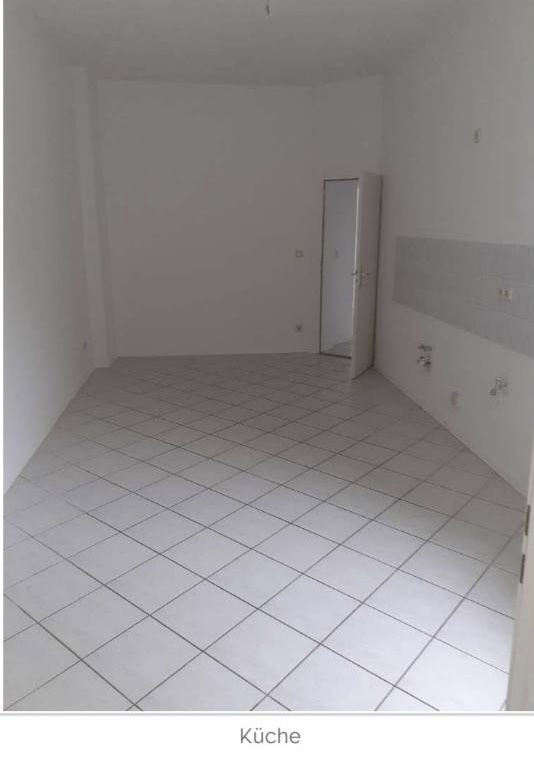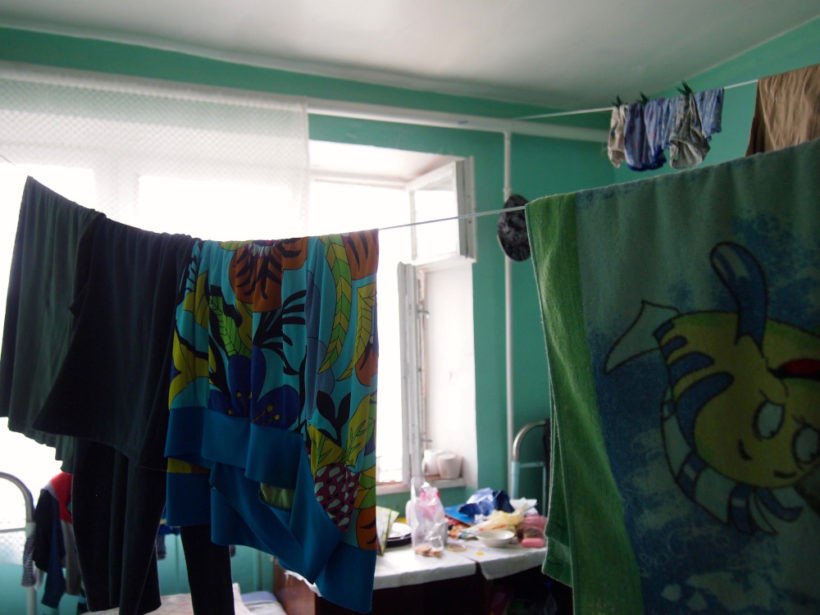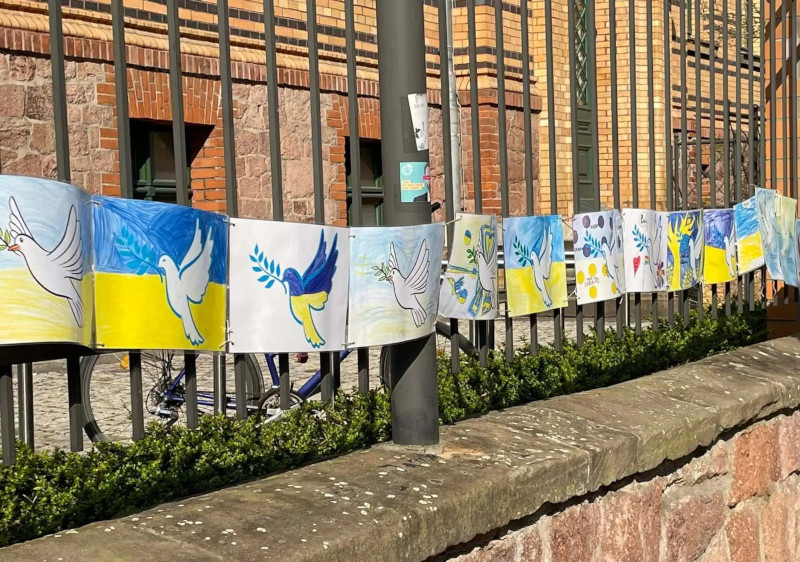When Nadja was evacuated from the bomb shelter in eastern Ukraine, she took her cheese with her. She took the cheese from Luhansk to Kharkiv and almost to Odesa, disposing of the last of it somewhere west of the river Dnipro. The cheese was not precious to her – quite the opposite. It was what is known in Russian as kolbasnyj syr, approximately ‘sausage cheese’, a rubbery, processed cheese product shaped into a cylinder and scented with fake smoke. Nadja hated it. But kolbasnyj syr is shelf-stable, and what she was given to eat in the basement where she spent two weeks hiding from shells. There was also bread, but mostly cheese. ‘You would have a chunk of cheese, and go to get some bread, and they would just give you more cheese. You could torture people with that cheese!’ And yet, when Nadja was evacuated, she brought the cheese with her, a decision she described as absurd (Ukrainian and Russian: абсурд). She even kept the cheese after being fed much better food, nashi pomidory, ‘our’ tomatoes in the peak of the season, that is, late summer. Late summer, 2014.
The war in Ukraine commanded global attention following the full-scale Russian invasion on February 24, 2022, but the war in Donbas, in Ukraine’s east, began eight years prior. The planetary stakes of what was long dismissed as a regional conflict are now impossible to ignore: the threat of nuclear disaster; the poisoning of the world’s richest farmland and the weaponization of the global food supply; the soaring food and energy prices; the displacement of one-fourth of the Ukrainian population from their homes – many of them, perhaps also Nadja, for the second or third time.

There are many reasons to describe the war as ‘absurd,’ and numerous commentators have done so. Some have pointed out that it is ‘absurd’ for Russia to claim that Ukraine is run by Nazis when President Zelensky is himself Jewish (cf. Veidlinger 2022). Others have employed ‘absurd’ to mean paradoxical, as in it is ‘absurd’ for ‘brother nations’ Ukraine and Russia to be at war (although if one insists on using kinship tropes, there is nothing irrational about one bullied family member rising up against the other). Both Ukraine and Russia accuse the other of atrocities, and then refute the accusations as ‘absurd,’ meaning ‘without merit.’ They describe the global response to the war – both the condemnations and the under-commitments – as ‘absurd,’ as in ‘incomprehensible’ or ‘outrageous.’ Absurdity is of course also an art form, and a prized one in this part of the world, where dark humor pervades and socio-political critique functions by being simultaneously subtle and over-the-top (Boyer and Yurchak 2010).
In this essay, however, I explore my Ukrainian interlocutors’ everyday experiences of the absurd during the war in Donbas (2014-2022) and following the full-scale Russian invasion (2022-present). It is common to define ‘absurdity’ as senselessness or meaninglessness. However, my interlocutors’ experiences and invocations of the absurd were not at all about accepting the arbitrariness and disorder of the world, but precisely about meaning-making. Absurdity, after all, is both a feeling and an ascription. As a sensation, it is sometimes a tingle, and often a gut-punch. As a linguistic act of evaluation – this is absurd! – it involves noticing, wincing, and perhaps, laughing at the incongruities between life as it would seem to make sense and life as it is actually experienced.
Observing the absurd requires a capacity for reflexivity, to understand that the world is now one way, but that it could have, perhaps should have, been another. But absurdity also presupposes congruities, for what makes absurd situations so startling is that they make the familiar, the very familiar, patently strange. This is particularly evident in wartime, when life’s most essential activities and relationships are upended, or simply seem impossible. Here, I give voice to Ukraine’s war-affected while offering two small hypotheses about war and the absurd: first, it is in the tension between the incongruous and the uncanny that absurdity is felt; second, my interlocutors experienced absurd circumstances in part because of how states and other bureaucracies delivered aid such as food and housing. I draw on fieldwork with war-affected populations in Ukraine and with Ukrainian refugees in Germany. I also reflect on my own disorienting, or even absurd, experience of becoming an ethnographer of war.
As a linguistic act of evaluation – this is absurd! – it involves noticing, wincing, and perhaps, laughing at the incongruities between life as it would seem to make sense and life as it is actually experienced.
Early in the war in Donbas, I met a woman who had nearly died taking out the trash. Natasha was walking to the dumpster when her apartment block came under fire. She immediately dropped the trash bag and dashed back to her entryway. Once the shelling was over, she retrieved the bag, brought it to the dumpster, and continued her day. ‘And that was how we lived.’
When Natasha and I met some weeks later, she was being temporarily housed in a Soviet-era sanatorium on the Black Sea. One continuity throughout the war in Ukraine is the use of aging travel and tourist infrastructure – abandoned hotels, off-season resorts, out-of-service airports – as emergency shelters, leading one of my interlocutors to describe her exile as ‘some sort of absurd holiday.’ Another continuity is talk about everyday routines warped by warfare. It isn’t just that the simplest tasks became gambles with death, it is also that even when one isn’t dodging shells, daily life is simultaneously unrecognizable and exactly the same. “I had mango for dinner,” a friend in Kyiv texted me shortly after the Russian invasion. She had gone to the supermarket as usual, but the only produce left was exotic fruit.

War-affected people talk a lot about food. The juxtaposition between what is offered and what is needed or desired is a common trope. Sometimes this is about shortages, or how in wartime mundane goods become precious and prestige items worthless. Other times, it is about ‘the senselessness produced by the uniform application of rational procedures’ (Alexander 2009). For example, Elizabeth Dunn (2014) writes of the piles of ‘humanitarian macaroni’ the World Food Program provided displaced people in Georgia to ensure they reached the requisite 2,240 calories per day – never mind that pasta was not part of the local diet. In 2014 Odesa, the equivalent might have been buckwheat, which was at least a familiar food, though I kept meeting people in shelters with heaps of the stuff and no pots to cook it in.
In 2022 Germany, Ukrainian refugees fed bread for breakfast and bread for dinner (Germans traditionally only ‘eat warm’ once per day) longed for soup and kitchens to cook in. It wasn’t just that group shelters often lacked cooking facilities, but that in much of Germany, landlords are not required to provide tenants with kitchens. Rental apartments often have no cabinets, no countertops, no appliances, no light fixtures, sometimes not even a sink. The state offers the needy a one-time stipend for furnishings – where I live, about 700 euro per adult or 1500 per small family – but with such a budget, one must be resourceful. My Ukrainian interlocutors and I staked out secondhand shops and online platforms, fingers crossed for clean refrigerators, working stoves, and matching cabinets, and if we were exceptionally lucky, an entire set, perhaps from an estate clean-out. The refugees cracked jokes: ‘I don’t want a bed someone died in, but a kitchen is okay,’ and, ‘it’s like we’re on an absurd game show, competing against other Ukrainians for things we used to have.’
One continuity throughout the war in Ukraine is the use of aging travel and tourist infrastructure – abandoned hotels, off-season resorts, out-of-service airports – as emergency shelters, leading one of my interlocutors to describe her exile as ‘some sort of absurd holiday.’
Because I have a small child, and because there is more than enough to do in refugee support, I have not been to Ukraine since 2019. But the war arrived at my doorstep, and in a way, I’ve been in the most intense fieldwork period of my life. In late February, 2022, my husband and I discussed the possibility of hosting friends fleeing Ukraine. Forty-eight hours later, the family arrived, instantly visible in their heavy winter coats, which were so essential when crossing into Poland on foot, but terribly sweaty by early March, when spring unexpectedly sprung. Two years later, with a change of wardrobe, access to social services, and even work permits (privileges their Syrian, Afghan, and African predecessors lack), Ukrainian refugees in Germany blend in better. But the linguistic landscape has changed notably. I hear Ukrainian, Russian, and mixed dialects at the playground, the doctor’s office, my son’s daycare, the supermarket. On public transportation, I see faces I feel I know from elsewhere, and I look twice to be sure.
At time of writing, the Federal Office for Migration and Refugees estimated there were over 1 million Ukrainian refugees in Germany. However, the actual number is difficult to assess because of what Germany calls Pendelmigration, migrants ‘commuting’ back and forth between their homelands and host countries. One woman I know sent her teenage daughter back to Ukraine because German insurance did not cover orthodontia, and the daughter needed to have her braces adjusted. The daughter went to the orthodontist, tended to her grandparents, then returned to Germany alone, because the grandparents did not want to leave.
Some Ukrainians think it’s absurd to stay in Ukraine; others think it nonsensical to seek refuge in countries where they lack support networks, language skills, or job prospects. Although millions of Ukrainians are internally displaced, most who are eligible to leave the country stay within its borders. (Men of conscription age are legally required to stay in Ukraine, although this is unevenly enforced.) Many perceive staying in the country as an act of defiance. Living, persisting, carrying on in the face of people who want to destroy you – this is one way of winning the war.
In some parts of Ukraine, life continues fairly normally, even ostentatiously, apart from the blare of air raid sirens and shriek of missile strikes. Friends and colleagues post photos of meals enjoyed in restaurants, bookstores rich in literary offerings, dancing in the streets. Ukraine, to quote its national anthem, has not only ‘not yet perished,’ but remains very much alive.
The line between absurdity and despair, I have learned, is a thin one. But so, too, is the line between absurdity and hope.
Vse bude Ukrajina – approximately, ‘everything will be Ukraine.’ In the first year following Russia’s full-scale invasion, some of my Ukrainian friends and interlocutors would close conversations this way, reassuring others, and perhaps themselves, that Ukraine would be victorious. Phonologically, vse bude Ukraijina resembles vse bude dobre, everything will be alright, and the replacement of ‘alright’ with ‘Ukraine’ was explained to me as meaning something akin to ‘everything will go back to normal’; ‘the Ukraine we knew will return,’ or simply, ‘Ukraine will persist.’ Taken literally, however, vse bude Ukrajina is a striking claim: all the territory that Russia has occupied will be returned. Even in its less literal sense, however, vse bude Ukrajina is ambitious because, of course, Ukraine is forever changed. It would be absurd to deny this.
As the war enters its third year, one hears this expression less and less. I confess that, when I do hear it, its optimism makes me a bit uncomfortable: the loss of life, infrastructural damage, and environmental toll in Ukraine are already monumental; international support is evaporating; prolonging the war seems suicidal. Yet, analysts predicted Ukraine would be overrun within weeks of Russia’s invasion, and somehow, the scrappy country keeps hanging on. Also, what is the alternative?
My interlocutors swing quickly between laughter and tears and back again, mocking their circumstances to manage their devastation. The line between absurdity and despair, I have learned, is a thin one. But so, too, is the line between absurdity and hope. To have faith, to wait for miracles – to some, this is also absurd. But what other choice is there?
References
Alexander, Catherine. 2009. Privatization: Jokes, Scandal, and Absurdity in a Time of Rapid Change. In K. Sykes, ed., Ethnographies of Moral Reasoning. Palgrave-McMillan 43-65.
Boyer, Dominic and Alexei Yurchak. 2010. American Stiob: Or, What Late-Socialist Aesthetics of Parody Reveal about Contemporary Political Culture in the West. Cultural Anthropology 25(2): 179-221.
Dunn, Elizabeth C. 2014. Humanitarianism, Displacement, and the Politics of Nothing in Postwar Georgia. Slavic Review 73(2): 287-306.
Veidlinger, Jeffrey. Putin’s claim to rid Ukraine of Nazis is especially absurd given its history. The Conversation website. https://theconversation.com/putins-claim-to-rid-ukraine-of-nazis-is-especially-absurd-given-its-history-177959. February 26, 2022.
Photos courtesy of the author.





